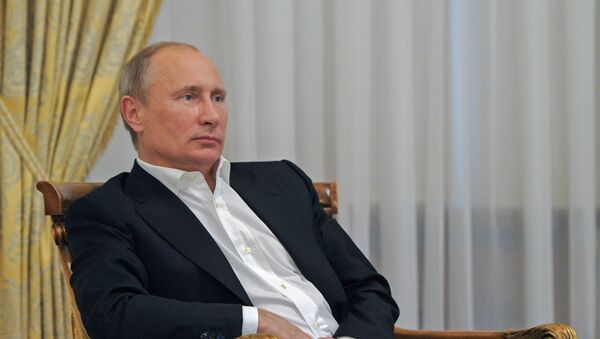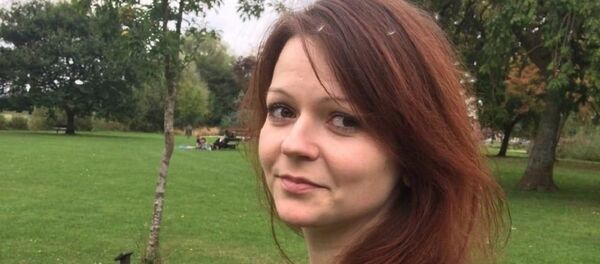Welcoming French President Emmanuel Macron’s confirmation of his official visit to Russia in May, Mr. Blanchemaison has suggested that Moscow’s response to the coordinated expulsion of Russian diplomats from EU member-states could have been “milder” than the measures undertaken against the United Kingdom and the United States.
“Russian President Vladimir Putin could have used a masterstroke and withheld from responding to the European Union states. But again, I consider the US separately. Russia’s response to the UK followed immediately after the ouster of 23 Russian diplomats. As for other EU countries, is it essential to hurry to take retaliatory measures, which any way would differ depending on the country, its economic and political weight, its relations with Russia? Why not take a break to suggest putting an end to the exacerbation of the conflict? […] Why take retaliatory measures if they are to be followed by other retaliatory measures?” Blanchemaison explained to Sputnik.
READ MORE: Moscow: UK Hiding Info on Skripal Case Hints at Likely Intel Involvement
According to the former ambassador, the search for ways to stop the crisis in relations between Russia and the West is likely to be on the agenda during Macron’s visit to St. Petersburg.
“This is not a matter of national importance. Of course, it has created certain political situation and prompted some tensions. However, in a little while, these diplomats will be replaced with others. It does not prevent embassies and consulates from doing their work. […] I mean, this is a signal, but the matter does not concern a break of diplomatic relations. It is by far less important than an ambassador’s withdrawal. […] It is a well-measured symbolic move,” Blanchemaison elaborated.
Despite the current state of affairs, French Foreign Minister Jean-Yves Le Drian told the radio station RTL on March 29 that President Macron’s visit to Russia would be held as scheduled.
“I think that Macron, who along with Japan’s Prime Minister will be a distinguished guest at St. Petersburg’s economic forum, will deliver an extremely important speech about Russia’s place in the process of globalization, cooperation in many realms between France and Russia, and cooperation between the EU and Russia, which must be restored. It is very important that he gives his speech in front of Putin and they discuss what happens next,” Blanchemaison stressed.
The EU nations followed London’s suit, which had expelled 23 Russian diplomats as a response to Skripal’s poisoning, allegedly orchestrated by Moscow. Russia, in turn, declared 23 British diplomats personae non gratae, asking to bring the staff of UK diplomatic institutions in Russia in line with the number of Russian offices in the United Kingdom within a month.
On March 4, former Russian spy Sergei Skripal and his daughter Yulia were found unconscious in Salisbury, UK, after being exposed to a chemical substance, identified by the police as the military-grade nerve agent Novichok, allegedly developed in Russia. Based on unverified “evidence,” the UK blamed the alleged attack on Moscow, which has repeatedly denied any involvement in the alleged poisoning, offering assistance in the investigation, however London declined the offer.
The views expressed in this article are solely those of the speaker and do not necessarily reflect the official position of Sputnik.




